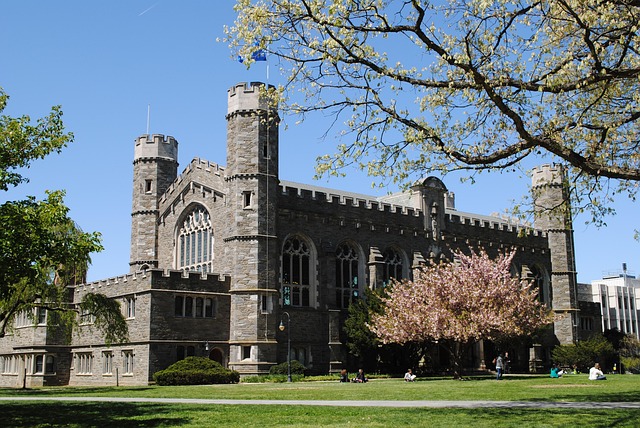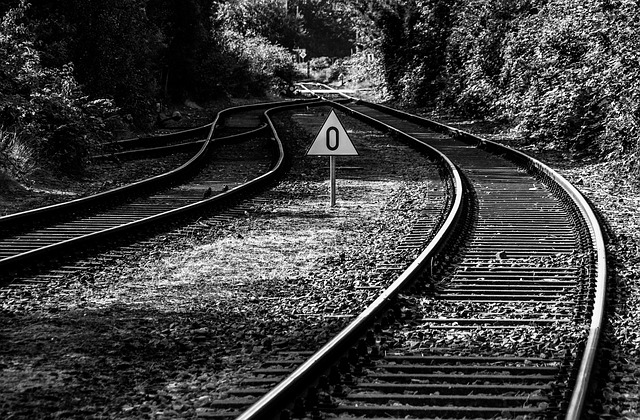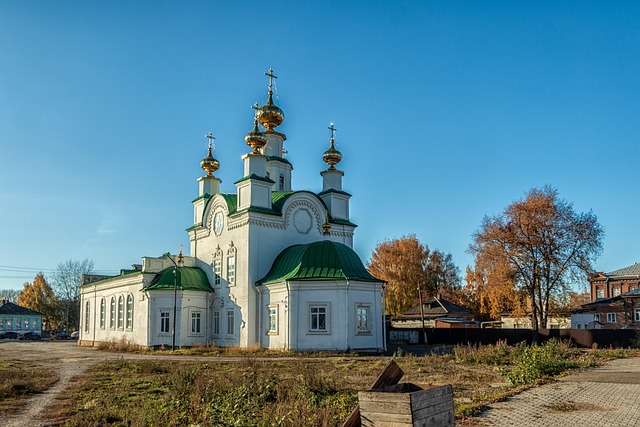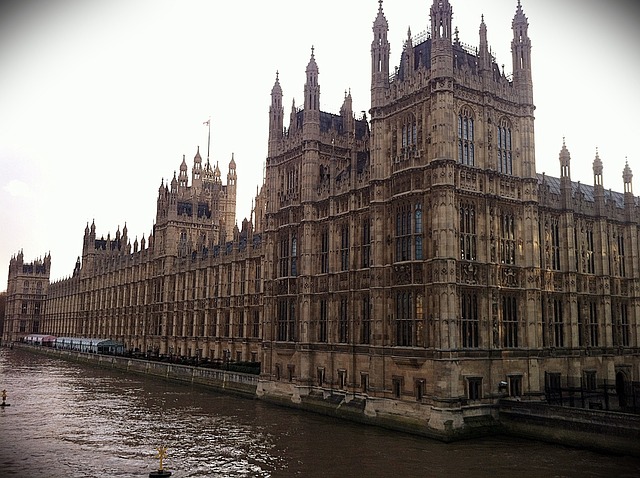Springfield, founded in 1830 with a diverse community, boasts a rich history that played a significant role during Prohibition. Its strategic location and pioneering spirit led to economic diversification, transforming it into an underground hub for speakeasies while also serving as a stop on the Underground Railroad. Springfield's complex history reflects tensions between individual freedoms and community morality during this era, showcasing its resilience and adaptability rooted in its founding history.
Springfield, with its rich history, played a unique role during America’s Prohibition era. This vibrant city, founded by visionaries with diverse backgrounds, saw its economy flourish through local industries. Despite the nationwide ban on alcohol, Springfield’s secret speakeasies and thriving underground railroad network reveal a hidden side. Explore the political climate of the time, and uncover how Springfield’s legacy is intertwined with its founding history, offering a captivating glimpse into a bygone era.
- Springfield's Early Settlers and Founding Vision
- The Rise of Local Industries and Economy
- Life During Prohibition: Secrets and Speakeasies
- Underground Railroad: Springfield's Hidden History
- Political Climate and Local Protests
- Legacy of Springfield Through the Ages
Springfield's Early Settlers and Founding Vision

Springfield, nestled in the heart of the Midwest, boasts a rich history that dates back to its founding in 1830 by a group of visionary pioneers. These early settlers, driven by the promise of fertile land and economic opportunities, envisioned a thriving community that would become a cornerstone of the region’s development. With a strategic location along major transportation routes, Springfield quickly emerged as a bustling hub for trade and commerce.
The founding vision of these pioneers wasn’t just about establishing a town; it was about building a vibrant, diverse, and resilient society. They recognized the potential for Springfield to become a melting pot of cultures, attracting folks from various backgrounds seeking a better life. This pioneering spirit, coupled with a commitment to progress, laid the groundwork for Springfield’s enduring legacy as a dynamic and culturally rich city during the Prohibition era and beyond.
The Rise of Local Industries and Economy
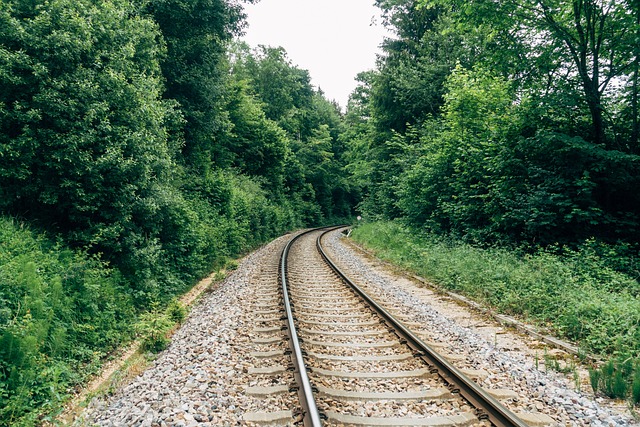
Springfield, with its rich founding history, experienced a significant economic transformation during the Prohibition era. The city’s diverse industries flourished as the demand for alcohol-free products increased. Local businesses capitalized on this shift, diversifying their production to meet the needs of a new market. Crafting non-alcoholic beverages, food staples, and various consumer goods became a staple in Springfield’s economy.
This period saw the rise of innovative local entrepreneurs who filled the void left by the illegal alcohol trade. The city’s infrastructure and transportation networks were enhanced to support this growing industry, further boosting Springfield’s economic landscape. As a result, the city became a thriving hub, attracting businesses and investors, solidifying its place in the region’s history.
Life During Prohibition: Secrets and Speakeasies

During the Prohibition era, Springfield’s rich founding history took on a secret and clandestine twist. The city, with its vibrant past and bustling atmosphere, became a hub for speakeasies—underground venues where alcohol was illegally sold and consumed. These hidden gems, often nestled in the labyrinthine streets, offered a respite from the dry laws that dominated the land. Folkss sought out these clandestine spots, eager to dance and forget the restrictions of the time.
Springfield’s speakeasies were more than just places for imbibing; they became social hubs where communities gathered, connections were made, and indelible memories were created. The vibrant tapestry of the city continued to weave itself through this era, even as it navigated the challenges of a nation in transition. Secrets whispered in dimly lit corners and unseen symphony of voices echoed through the walls, reflecting a time when defiance met desire in the heart of Springfield.
Underground Railroad: Springfield's Hidden History

Springfield, with its rich founding history, is home to a lesser-known yet significant chapter during the Prohibition era: the Underground Railroad. This hidden aspect of Springfield’s past played a crucial role in the struggle for freedom and equality. The city served as a pivotal stop on the secret network, providing shelter and assistance to enslaved individuals seeking liberation.
Many sites throughout Springfield bear witness to this clandestine operation. Local historical societies and museums offer glimpses into the lives of these brave fugitives and the determined individuals who helped them. Understanding this part of Springfield’s history is essential, as it showcases the resilience of those fighting against injustice and highlights the city’s contribution to a national movement for change.
Political Climate and Local Protests
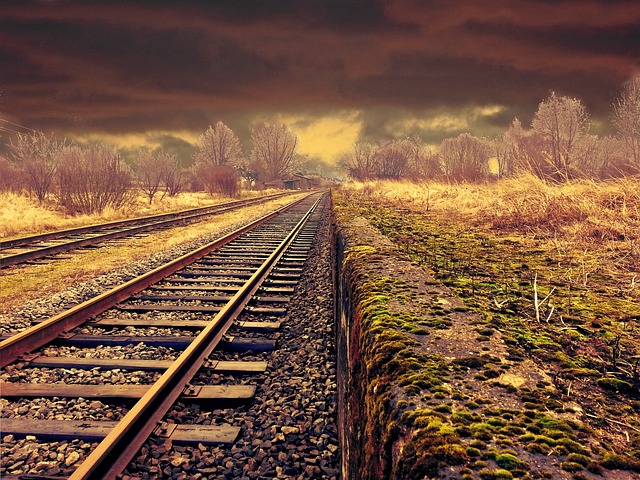
Springfield, with its rich founding history, found itself at the center of a turbulent political climate during the Prohibition era. As the 20th century unfolded, the city’s landscape was shaped by intense local protests and debates surrounding the prohibition of alcohol. The roots of this conflict can be traced back to Springfield’s early days, where the principles of individual freedom and community morality clashed.
The city’s founding was marked by a diverse population with varying perspectives on governance and personal liberties. These differing views often manifested in protests and petitions, particularly when federal laws threatened local control or imposed restrictions on citizens’ choices. The Prohibition movement, with its strict stance on alcohol, sparked passionate arguments, dividing the community between those who advocated for moral reform and those who defended their right to consume and sell alcoholic beverages. This divide highlights the complex nature of Springfield’s history during this era.
Legacy of Springfield Through the Ages
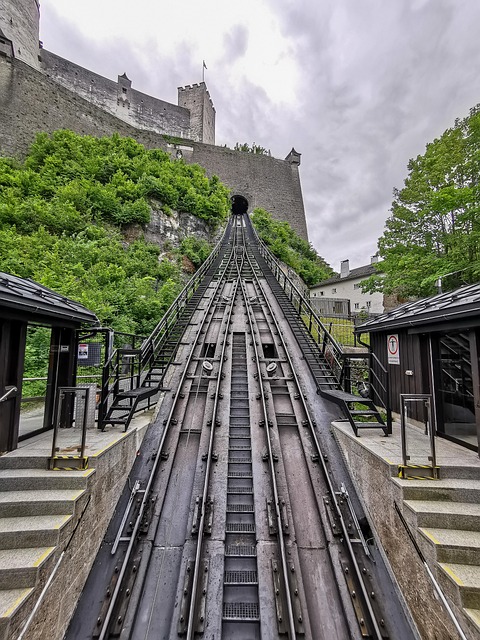
Springfield, with its rich history dating back to its founding in 1633, has left an indelible mark on America’s narrative, especially during the Prohibition era. The city’s early years were shaped by its strategic location along major trade routes and its pivotal role in the Industrial Revolution, establishing it as a bustling metropolis. This legacy of innovation and industry would later influence Springfield’s resilience during the dry laws era.
As Prohibition took effect, Springfield, like many other cities, faced the challenge of illegal speakeasies and organized crime. However, the city’s strong community ties and long-standing commitment to public safety played a crucial role in navigating these turbulent times. The legacy of Springfield’s founding history, marked by perseverance and adaptability, helped shape its character during this transformative period, leaving a lasting impact that continues to resonate today.







